Can Australia really become a green superpower under Anthony Albanese?
This is what’s needed to deliver the new prime minister’s ambition for Australia to become an ‘energy superpower’.
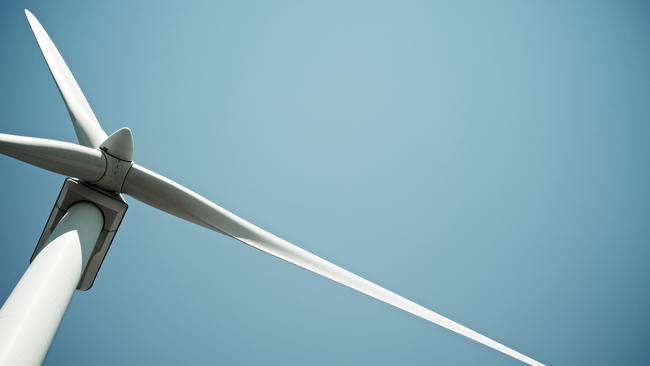
Late last year one of the nation’s biggest banks quietly opened a carbon trading desk.
Launched with little fanfare, the four Westpac traders switched from dealing in currency and interest rate swaps to a market based around complex derivatives involving the price of carbon.
Like energy contracts, carbon credits can be bought and sold among big emitters to help companies lower risk and keep on a path to net zero emissions.
Westpac is also buying carbon credits to hold on its own balance sheet which are used by big customers looking to offset their carbon footprint. The desk is also involved in sustainability financing, including arranging green bonds on behalf of customers.
“As the energy system transforms, there will be a lot of need for risk management,” Westpac chief executive Peter King says.
“You think about derivatives and interest rates are forex, we can see a market for derivatives in carbon trading, and we’ve created that desk.
‘We’re already a big part of the market in New Zealand and we want to be a bigger part in Australia. We see that as a growth opportunity.”
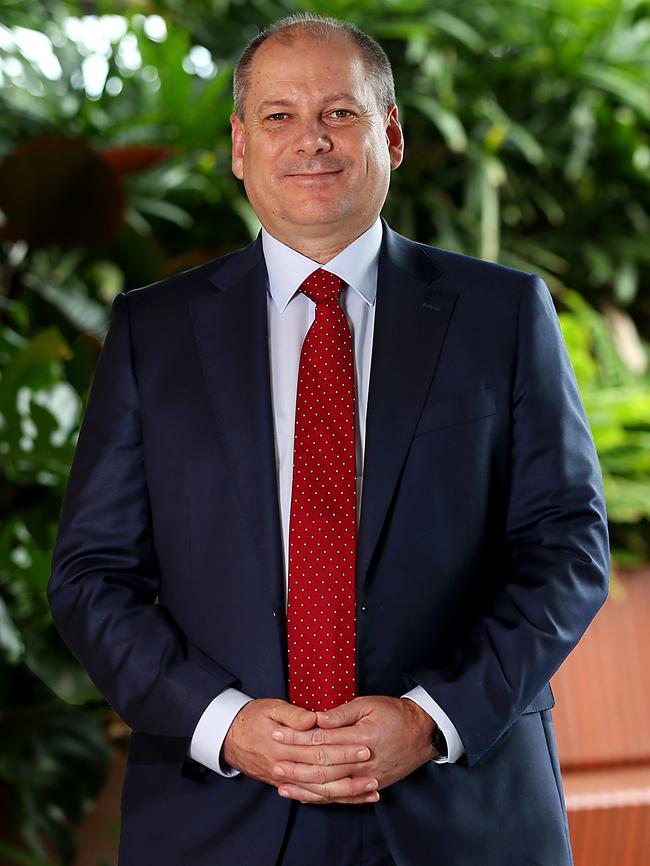
It’s just one part of the market that is transforming. During his victory speech on the weekend new Prime Minister Anthony Albanese outlined his green vision early, declaring there was an opportunity for Australia to become a “renewable energy superpower”.
With Australia on track this year to generate $100bn from the export of oil, LNG and thermal coal and a similar amount next year, this is going to require radical change. It will also need billions in investment.
Even with the government on track for a slim majority, the message sent by voters including a surge in votes for Greens to the success of the city-based Teal independents has forced Canberra to respond to action around climate change.
In Tokyo on Tuesday at the Quad summit Albanese described climate change as a “national security” issue and confirmed the Labor government would set a more ambitious target to reduce emissions by 43 per cent by 2030. This would put Australia on track for net zero by 2050.
Right ingredients
Martijn Wilder, the founding partner of global climate investment and advisory group Pollination, believes Australia has the right ingredients to be a “renewables superpower”.
Just like the focus that has gone into building up coal and the LNG industry, there is an opportunity to build a phenomenal new industry around supply chains and critical assets, says Wilder, a the former chair of Canberra’s Australian Renewable Energy Agency.
“We could basically generate and get to, not 100 per cent, but to 600 per cent of renewable energy. That is more energy than we need and will enable us to produce more hydrogen and export it – that will enable us to produce more energy intensive exports,” Wilder tells The Australian.
He points one that one of the major input costs for areas like manufacturing and steel and aluminium production is energy.
“The government played a key role in developing our historical energy systems like coal and gas and has given a lot of support to those sectors. As some of those sectors transition out, they should be providing a lot of support to the new sectors of the future that will build a better and more resilient Australia.”
While Australian businesses have been pushing ahead with their own investments in renewables, it has been despite constraints of a cautious federal government policy.
Wilder points to a policy around electric vehicles from countries including Norway, New Zealand and the UK. Those countries have clear and defined targets for when combustion powered vehicles will be phased out.
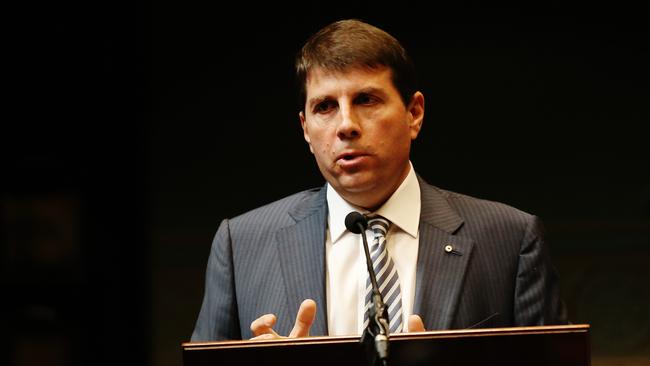
“What that policy does is it tells the market that the government is actually going to phase out these cars, importing EVs and making a market for EVs. Those simple policy signals demonstrate to investors that there’s actually going to be a major shift – that’s driving those investment dollars.
“One of the things that has been missing here is this sort of positivity (around investment).
“But if you have a good policy framework, which says okay, we’re going to provide the framework for building a new industry around offshore wind or around renewables or around transmission lines. That policy will drive investment and that’s really what’s been missing today.”
Pollination, which counts ANZ as a financial backer, includes former APRA member Geoff Summerhayes as an advisor. Also on its advisory board is well connected business figure and Citi chair Sam Moyston. She attended Albanese’s victory celebration on Saturday night.
Australian companies like Macquarie Group are exporting renewable energy financing around the world, while miners BHP and Rio Tinto are reshaping the conversation about supplying the raw materials to power the renewable revolution.
Highest profile is multibillionaire Andrew Forrest who has committed to the near impossible task of producing green hydrogen in massive quantities for the commercial production of steel.
Following Albanese’s weekend win, Forrest said: “We are pushing ahead to turn Australia into a green energy superpower.”
ANZ chief executive Shayne Elliott says he sees Australian banks playing a major role in funding the renewable energy revolution. But the biggest thing needed for this to happen was greater certainty around the regulatory settings. This would open up pools of long term capital.
“In order to get towards that net zero, there needs to be an enormous amount of financing for all those hydrogen plants and lithium mines, and electrification of vehicles,” Elliott says.
“Of course the policy matters, but the certainty is probably more important than anything.”
For now though the focus remains on the signals around carbon and the market is jumping. Since the weekend election the spot price of tradeable carbon units has surged 18 per cent to trade at $35.50 per tonne, according to consultancy Reputex. This means futures markets are already betting on the boom starting under the new government.
johnstone@theaustralian.com.au


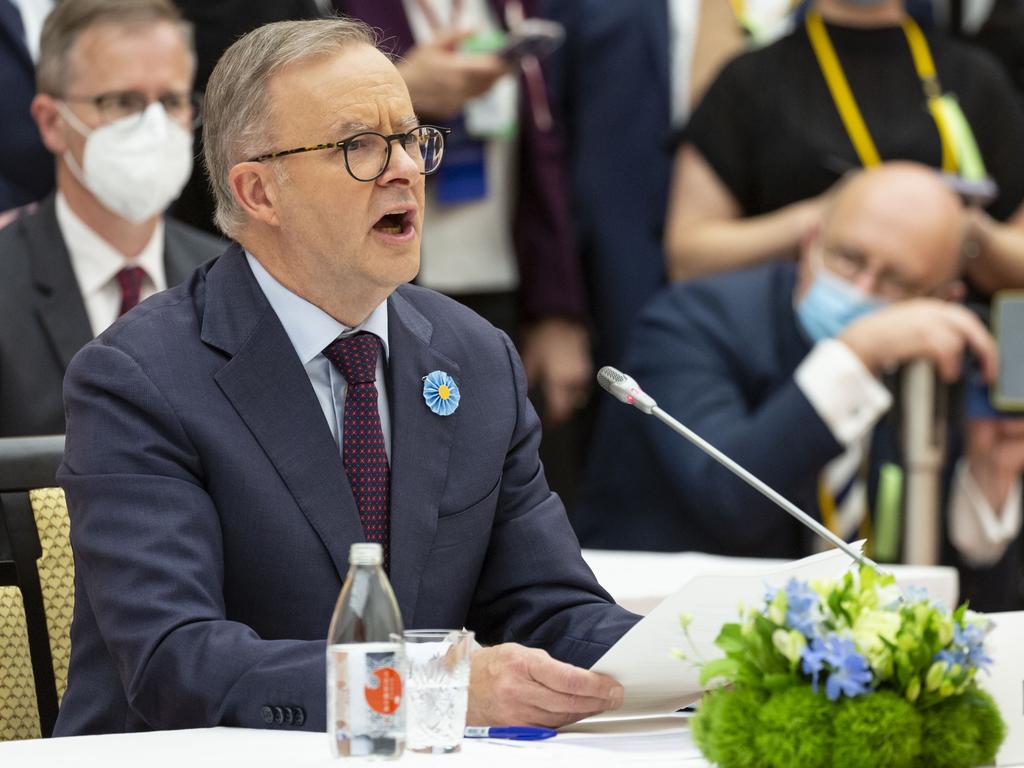
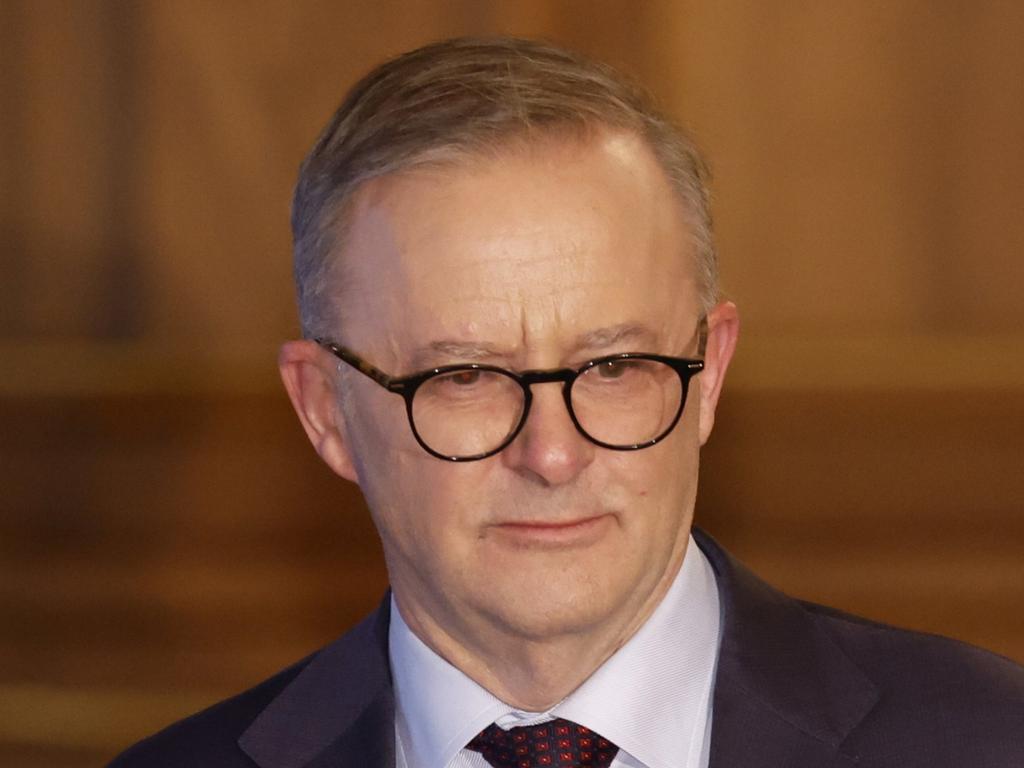

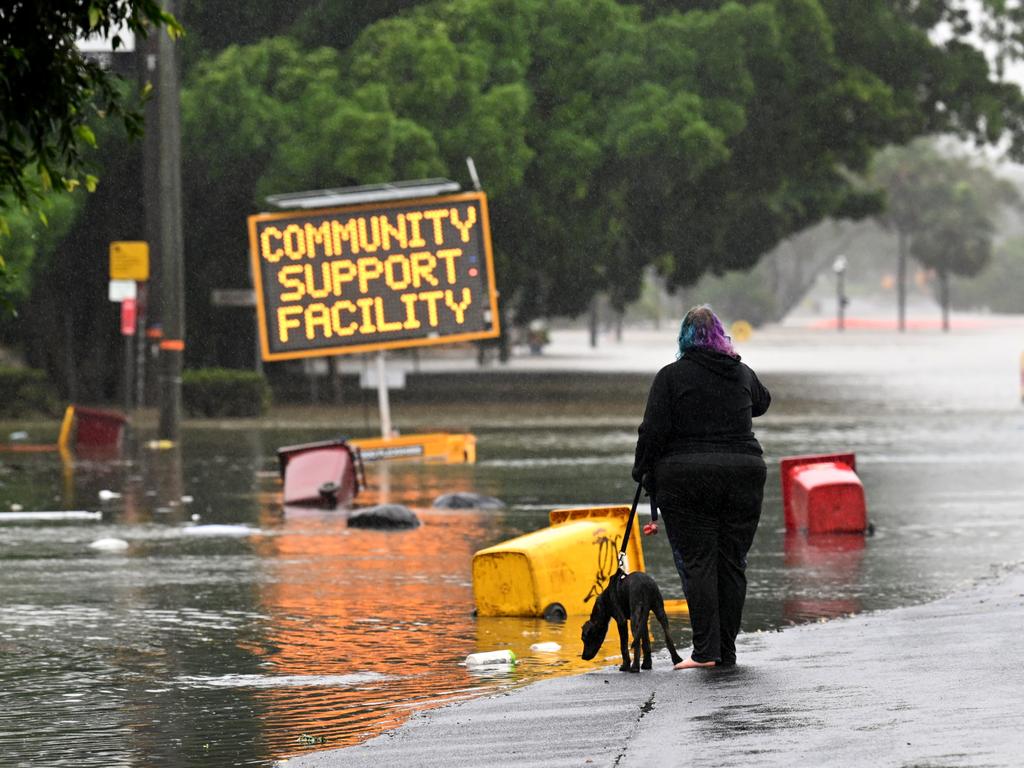


To join the conversation, please log in. Don't have an account? Register
Join the conversation, you are commenting as Logout